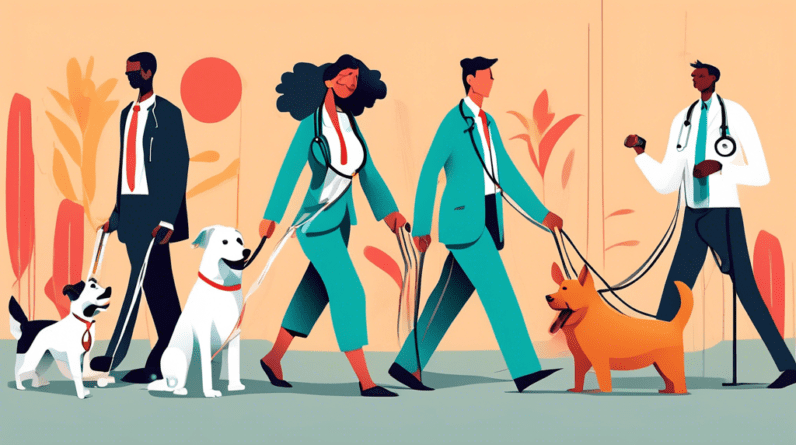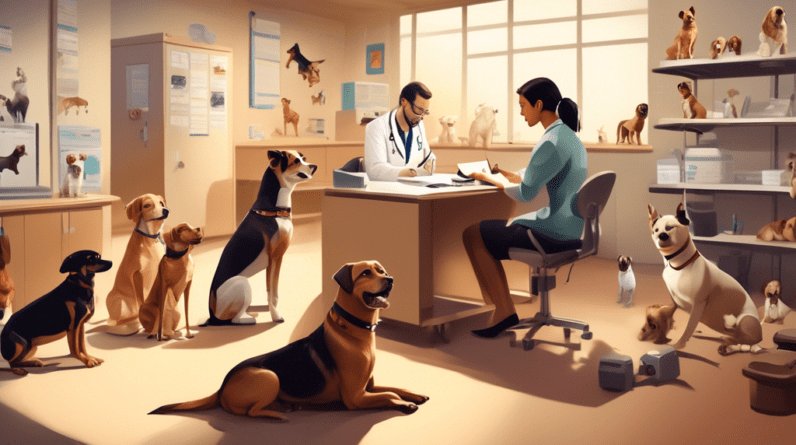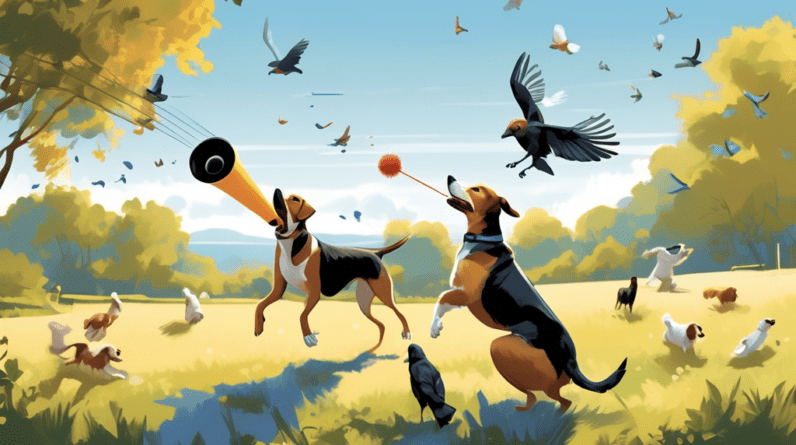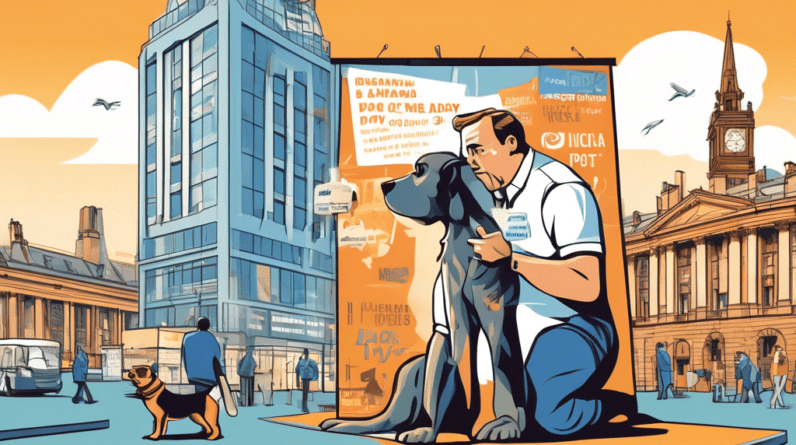
Government Identifies Critical Job Shortages: From Yoga Instructors to Dog Walkers
In an unexpected turn of events, government data has revealed a surprising trend: critical shortages in professions not traditionally considered essential. While sectors like healthcare and technology have long grappled with talent gaps, the current spotlight is on roles such as yoga instructors, dog walkers, and even astrologers. This shift highlights a changing economic landscape and evolving priorities in a post-pandemic world.
Unconventional Shortages in a Shifting Job Market
The traditional definition of critical jobs often brings to mind doctors, nurses, engineers, and scientists. However, the recent government data paints a different picture. The demand for professionals in wellness, personal services, and even niche fields like astrology has skyrocketed, outpacing the available workforce.
Several factors contribute to these unconventional shortages. The COVID-19 pandemic triggered a collective reevaluation of priorities, with many seeking improved work-life balance and pursuing passions previously sidelined. This led to a surge in individuals seeking services related to well-being, personal growth, and leisure activities, fueling the demand for yoga instructors, life coaches, and the like.
Yoga Instructors: Guiding the Way to Wellness
The yoga industry has witnessed explosive growth in recent years, evolving from a niche practice to a mainstream wellness activity. This surge in popularity, coupled with a limited pool of qualified instructors, has created a significant shortage.
The role of a yoga instructor extends beyond physical postures. It encompasses a deep understanding of anatomy, mindfulness techniques, and the ability to create a safe and supportive environment for students. The training required to achieve this level of expertise takes time and dedication, contributing to the shortage.
Dog Walkers: More Than Just a Stroll in the Park
The life of a dog walker may seem idyllic, but the reality involves much more than leisurely strolls in the park. Responsible dog walkers prioritize the safety and well-being of their canine clients, requiring knowledge of dog behavior, basic training techniques, and emergency procedures.
The demand for dog walkers has surged alongside the rise in pet ownership during the pandemic. Many new pet parents, juggling work and family commitments, rely on professional walkers to provide their furry companions with essential exercise and socialization, further intensifying the demand.
Astrologers: Navigating Life’s Uncertainties
In an era marked by uncertainty, many are turning to alternative practices like astrology for guidance and self-discovery. This renewed interest has led to an unexpected surge in demand for astrologers, individuals skilled in interpreting celestial charts and providing personalized insights.
While often viewed with skepticism, astrology requires a complex understanding of astronomical principles and ancient wisdom traditions. Finding individuals with the depth of knowledge and experience to meet the growing demand has become increasingly challenging.
Addressing the Shortages: A Multifaceted Approach
The government’s identification of these unconventional shortages highlights the need for adaptable workforce development strategies. Traditional education and training pathways may not adequately address the evolving demands of these professions.
- Promoting Accessibility: Making training programs for professions like yoga instruction and dog walking more accessible, both in terms of cost and flexibility, can encourage individuals to pursue these careers.
- Recognizing Value: Shifting societal perceptions to recognize the value and importance of these professions is crucial. This includes promoting fair wages and benefits packages to attract and retain talent.
- Embracing Lifelong Learning: The evolving nature of these fields requires a commitment to continuous learning. Providing opportunities for professional development and upskilling ensures professionals remain at the forefront of their fields.
A Glimpse into the Future of Work
The current job market, with its unconventional shortages, offers a glimpse into the future of work. As automation reshapes traditional industries, professions centered around human connection, well-being, and personalized services are likely to gain prominence.
Adapting to this evolving landscape requires embracing flexibility, fostering a culture of lifelong learning, and recognizing the value of professions that enhance our quality of life. By addressing these unconventional shortages, we can create a more fulfilling and balanced future of work for everyone.






